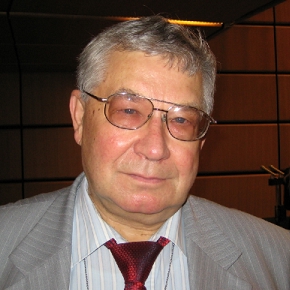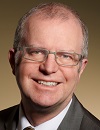 |
||
|
Japan Marks 69th Anniversary of Hiroshima Bombing RIA Novosti, PUBLISHED 08.08.2014 Japan marks the 69th anniversary of the atomic bombing of Hiroshima by the United States on Wednesday, seeing tens of thousands of people in Japan coming together for peace ceremonies in remembrance. Hiroshima Mayor Kazumi Matsui urged people to listen to the voices of survivors as he delivered a speech at a ceremony also attended by Japanese Prime Minister Shinzo Abe and US Ambassador to Japan Caroline Kennedy. Japan’s history has resulted in its population opposing the use of nuclear weaponry. Despite this opinion, Japan’s nuclear watchdog said last month that two atomic reactors that were closed in the wake of the disaster were safe enough to be switched back on, causing Japanese people great anxiety. Other news: Ex-TEPCO Executives to Face Criminal Charges Over Fukushima Disaster The decision of the 11-member public panel concerns Tsunehisa Katsumata, chairman of TEPCO at the time of the disaster, and two former vice presidents – Sakae Muto and Ichiro Takekuro. Russian, Chinese Companies Sign Memorandum to Build Floating Nuclear Plants The memorandum was signed by Dzhomart Aliev and CNNC New Energy President Tianlin Qian. Construction of Brand New US Nuclear Plants Hampered AP agency reports on a number of quality and cost problems that now cast doubts about if the nuclear energy would ever dominate other electricity sources. Last news:
|
Hero of the day 
The ISTC Responsible Science Program and Subprogram Culture of Nuclear Nonproliferation The dual-use nature of nuclear technology consisting in the potential for its application equally in peaceful and military sphere is the basic contradiction for the existing nuclear nonproliferation regime and comprehensive development of the nuclear power and nuclear fuel cycle. INTERVIEW
Jerry Hopwood OPINION
Joint Plan of Action |
Licence Р В Р’ВВВВВР В Р’В» №ФС77-30792. ATOMINFO™ trademark.

